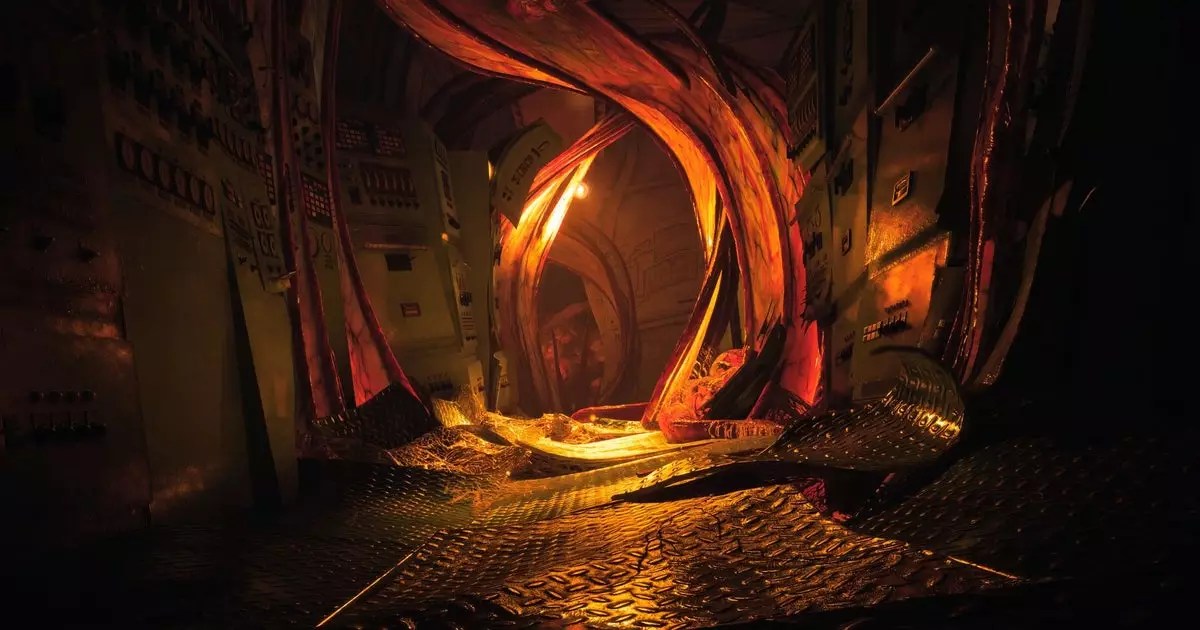In recent years, the landscape of game development has been dramatically reshaped by powerful multinational corporations, leading to a prevalent narrative of consolidation and corporate control. Yet, amid this consolidation, a counter-current is emerging — a renewed push by renowned indie developers to reclaim their independence and craft innovative, original experiences. The Chinese Room exemplifies this movement, transitioning from corporate backing back to autonomous operation through a strategic management buyout. This move signals a vital shift: a desire by creative teams to steer their own destinies, unfettered by the constraints of acquisition and the bottom line.
This revival isn’t merely about business restructuring; it underscores a fundamental belief in artistic freedom. When The Chinese Room parted ways with Sumo Digital, it was a statement as much as a strategic decision. The developers, famed for their atmospheric storytelling and evocative narratives, have expressed their determination to focus exclusively on creating original content. Their decision to buy back their independence, facilitated. or at least supported, by Hiro Capital, allows them to prioritize innovation over compliance. It’s a testament to how passionate development teams refuse to let their creative engines be sidelined by industry giants’ shifting priorities.
Destined for Artistic Rebirth: The Chinese Room’s Legacy and Future
What makes this story compelling isn’t just the act of regaining independence but what it signifies for the studio’s creative potential. Originally founded by students and modders passionate about storytelling, The Chinese Room made significant waves with *Dear Esther*, which challenged conventions by emphasizing immersive environmental storytelling over traditional gameplay mechanics. Despite being labeled a “walking sim,” its influence persisted, pushing the boundaries of what narrative-driven experiences could be in gaming.
Their later works, like *Amnesia: A Machine For Pigs* and *Everybody’s Gone To The Rapture*, further cemented their reputation for emotionally charged exploration and complex storytelling. These titles weren’t just games; they were artful reflections on human psyche and societal decay. Now, with the opportunity to operate independently, there is a tantalizing possibility of returning to these roots and forging new paths. The announcement of two upcoming unannounced projects hints at a bold new chapter where originality reigns supreme, unburdened by external commercial pressures.
However, the road ahead isn’t without hurdles. The recent layoffs resulting from Sumo Digital’s strategic shift — moving away from original game development to focus on development services — highlight the fragility of independent-minded studios under the weight of corporate interests. The management buyout, while empowering, also implies a significant risk; financial stability remains uncertain, especially as the studio now faces the challenge of balancing sustainability with creative integrity. Their situation underscores an uncomfortable truth: independence is a precious, but often precarious, commodity in the modern gaming industry.
Lessons from the Past and the Power of Self-Determination
The broader industry lesson here is clear: independence isn’t merely about ownership—it’s about control, vision, and the freedom to innovate. Amplitude Studios’ successful buyback from Sega provides a precedent, demonstrating that strategic leadership and a clear sense of purpose can restore autonomy without sacrificing growth. Ed Daly’s words echo this sentiment: a management buyout allows a studio to pursue unique storytelling and collaborate on projects aligned with their creative goals, away from external corporate pressures.
There’s an underlying optimism in these stories. They remind us that, even in an industry dominated by mergers and acquisitions, the creative spirit can persevere through resilience and determination. The Chinese Room, despite setbacks and layoffs, embodies this resilience by taking back control of their destiny. Their journey reflects a broader desire in the industry: to return to roots that prioritize artistry and original storytelling, reaffirming that meaningful innovation comes from within.
In this climate, the studio’s promise to develop a game about a subterranean hellfactory sounds like a bold leap into uncharted territory—an expression of fearless creativity that reflects their newfound independence. It’s a symbolic act: to venture into dark, imaginative realms that challenge conventions and captivate players’ imaginations. This is the power of a renewed independent spirit—a willingness to explore the strange, the uncomfortable, and the extraordinary, driven purely by passion and artistic conviction rather than commercial diktats.


Leave a Reply